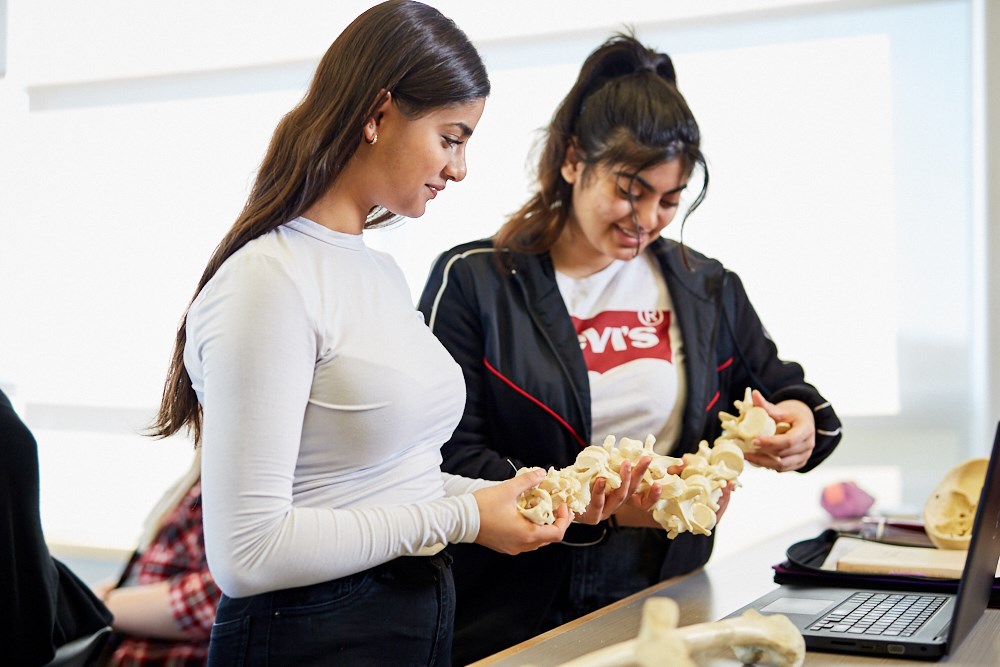Science

Over the past century, we have witnessed incredible advances in science and technology. It is very important to prepare our students to live, work and interact in a scientifically advanced, globalized world.
Teaching science in school helps students to learn how to ask questions, analyze data, interpret information, solve problems and make informed decisions. It also prepares them to change and create new knowledge.
The skills science can teach are applicable not just in the classroom, but also in everyday life. Science education can:
- prepare students to critically address and participate in science-related issues, such as environmental, health, societal, economic and ethical concerns
- facilitate opportunities to pursue higher levels of study and prepare for careers in high-demand fields related to science, technology and the environment
- take an inquiry-based approach to teaching and learning which encourages students to become lifelong learners, making them informed and knowledgeable citizens
Science education and literacy is a key component to 21st century learning. It also is critical for building a strong future, not just for each individual student but for the world.


Please provide your question and email address in the fields below.
Your question has been successfully submitted.
CloseThank you.